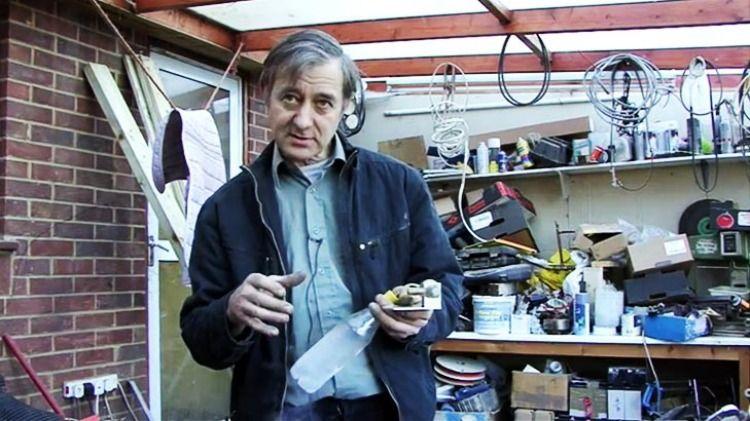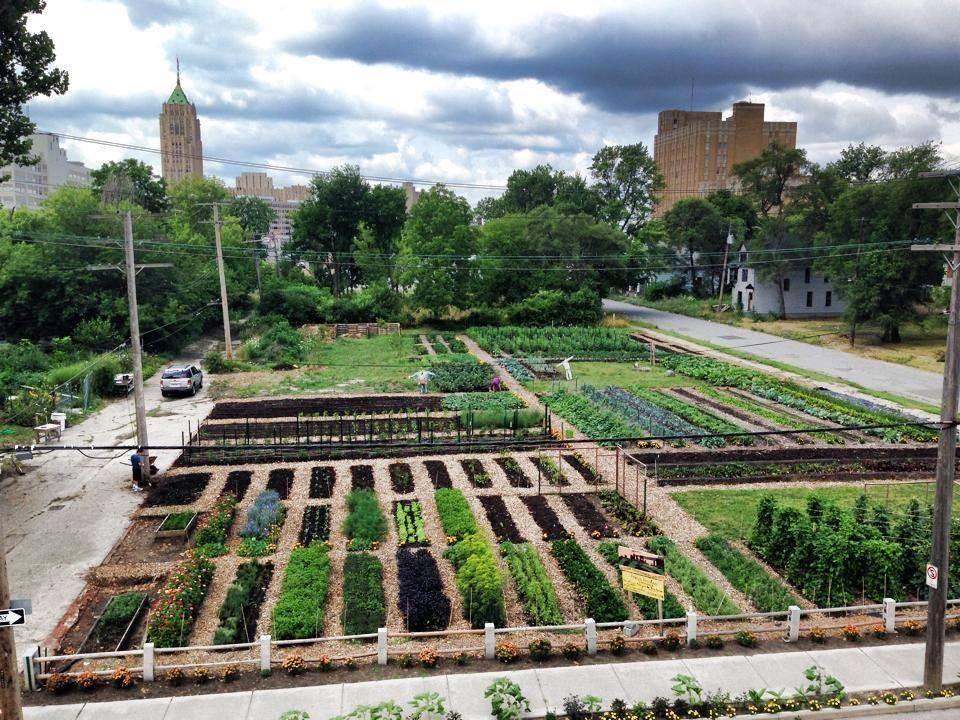
‘When the winds of change blow some people build walls, others build windmills’.
Old Chinese Proverb
Undoubtedly, these are challenging times. Global politics has become a freak show and a new wave of nationalism threatens international efforts to respond effectively to potentially catastrophic, planetary, ecological breakdown. So it is with great timing and a welcome blast of fresh air that Mark Stevenson presents us with his new book - _We Do Things Differently - the outsiders rebooting our world_.
SUPPORTED BY HEROES LIKE YOU
Support independent eco journalism that drives real change.Each chapter giddily sweeps us to a fresh location and into fascinating conversations with the colourful characters who, refusing to play by the rules, are rolling out solutions to the intractable global challenges established institutions either cause or ignore.
Stevenson is fascinated by solutions, but perhaps even more so, by the personalities behind them. He revels in their charismatic idiosyncrasies. For example, when meeting Dr Gaoussou Traore in Mali who is working on improving and scaling up the System of Rice Intensification (SRI) in West Africa he notices that his laugh is “like somebody is ringing a bell to announce a small, exclusive party to which you’ve been lucky enough to be invited.”
We go on to learn about agroecological cultivation innovations that are boosting crop yields by up to 80% without requiring irrigation or petrochemical inputs.
Each of our pantheon of rebel champions is rising up to an unanswered mega-challenge. To set the scene, the book is peppered with historical and scientific backstories, skilfully woven into the plot as enjoyable and easily digestible morsels. In sum, we live in a world constructed by The Industrial Age. The institutions behind this growth, such as fossil fuel corporations, are now enormous and powerful, hierarchical entities with embedded vested interests that make them resistant to change whilst they continue to concentrate preposterous wealth as well as increasingly reeking social and ecological havoc. “Are we cursed to endure a zombie-like inertia as these juggernauts who forgot to keep hold of their steering wheels fail to take the sharp turns in the road we need them to, if we’re to have a chance of making this world more sustainable, just, equal and humane?”
Stevenson’s answer sounds almost too good to be true. We don’t need to confront these grotesque bastions of industrialism head on and we don’t need to wait for them to change themselves. An alternative world is being constructed, under-the-radar, on the fringes of society, and it offers better ways of living and doing business without decimating the biosphere. Tipping points approach, and inevitably, these networked, distributed, crowd-sourced-and-funded new ways of operating will reboot reality. Hold onto your hats and buckle up for the ride - another world is emerging.
A futurologist, Stevenson founded the League of Pragmatic Optimists and wrote An Optimist’s Tour of the Future. So, perhaps it isn’t a surprise that he is so infuriatingly upbeat. However, before beginning this odyssey of pan-global solutions he made a solemn vow - to only feature case studies that are actually functional in the real world today. This is not a book of projection or hypothesis - this is a thrilling documentation of extraordinary people independently solving problems and scaling them via online networks to achieve the breakthroughs we need, right now. Peter Dearan in his shed
Peter Dearman an English inventor developed a system that uses liquid air to power engines in his garden shed taking steps towards overcoming a last remaining barrier to exponential growth in renewable energy technology - storage. He says “I’m not the sort of person who goes around persuading people. I’m happier simply showing them what I can do.” The ramifications of his breakthrough will do much more than just help to decarbonize existing power supply. It also offers new, off-grid, sustainable refrigeration technology for less developed countries where poor storage capacity is a driver of famine.
Along the journey we take in important breakthroughs transforming farming, healthcare and energy but we learn that technological innovation alone is not enough - “... there’s a lot more to re-imagining energy than changing our storage technologies. The world needs a wholesale rethink of how the power we use is generated and owned if we’re to have any chance of making the future more sustainable… ” So we journey on to a German town called Güssing that “challenged the powerful forces of the energy industry and came out smiling.” Under the charismatic leadership of Peter Vadasz residents took control of their energy supply becoming richer, boosting their local economy as well as switching their homes to abundant, local, renewable energy.
Güssing has become a destination for global change-makers (including an inspired Arnold Schwarzenegger - ‘the whole world should become Güssing.’) seeking to understand how a town can simultaneously boost its economy whilst decarbonizing its energy supply. The answer has ramifications that scaled up would transform the global economy and are based upon widespread and fundamental transfers of ownership, meaning communities no longer need to be enthralled to big energy companies that export wealth and import dirty energy. Connect these distributed, community-owned power stations to an “Enternet” (energy internet) and power, quite literally, returns to the people. “Create a world where energy is both cheap and no longer dominated by large corporate or national interests and you’re looking at a very different world indeed.” Stevenson has the most fun exploring community farms, food systems and restaurants, verdantly emerging out of the urban desert of an industrially abandoned Detroit. He savours eating food where it is grown “on a parking lot… unlike any carpark I have ever visited…” His guide Ashley Atkinson says “our goal is that Detroit becomes what we call a “food sovereign city” where the majority of the food we eat is grown locally… We want the people of Detroit to be the dominant producer of the food they eat.”
We discover the “secret at the heart of nearly all successful system reboots” is more of the heart than of the mind. It is to do with humans interacting together in new ways. Technology introduces important novelty but ultimately it is us that has to change. Stevenson’s masterstroke is to identify the sweet spots where these come together, shining a light on the pathway to a sustainable future where human needs are met without degrading the biosphere or surrendering our destinies to remote corporate overlords.
By the end of this exhilarating page-turner my faith had been restored. We don’t need to despair if the mainstream has become corrupt, faulty and degenerate. Perhaps this is the inevitable breakdown before the breakthrough? A new restorative economy is emerging on the fringes offering us a much brighter future than the grim stories that endless cycle on corporate-owned media.



